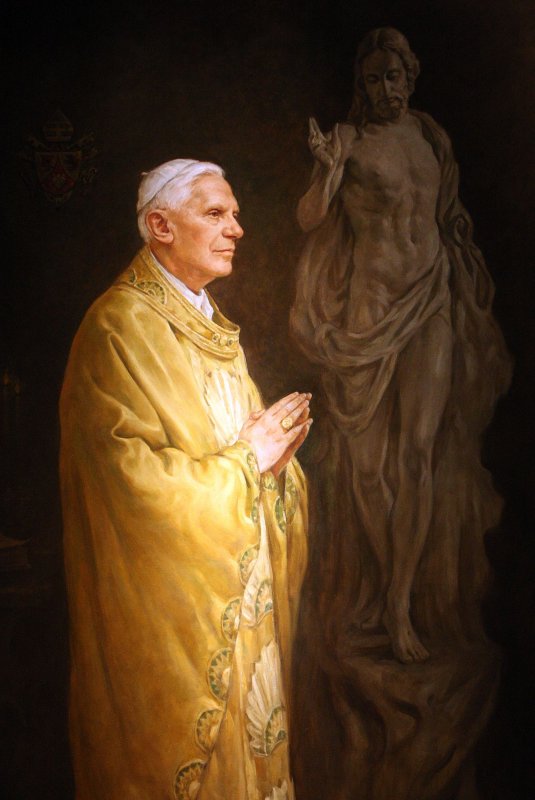VATICAN CITY, March 31 (UPI) -- The Vatican's new anti-money laundering law strictly barring the financing of terrorist activity and the counterfeiting of currency is about to take effect.
Pope Benedict XVI issued the law Dec. 30, saying it would improve the credibility of the Vatican's financial institutions, the Italian news agency ANSA reported Wednesday.















